
Tips for Managing Horses in Winter to Avoid Colic
Making diet changes slowly, ensuring water intake, and keeping horses moving can help reduce colic risk.

Making diet changes slowly, ensuring water intake, and keeping horses moving can help reduce colic risk.

Equine nutrition, hydration, exercise, blanketing, and respiratory health can be concerns as temperatures dip.
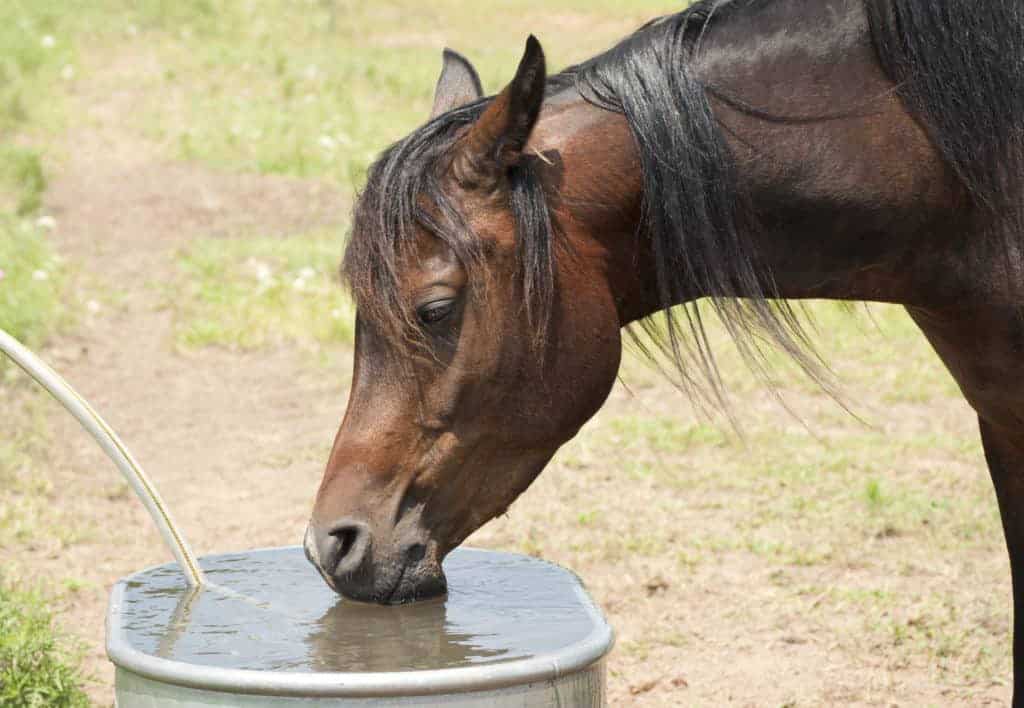
Studies are needed to determine safe limits of fluoride in feed and water for horses.

A recent study shows that antioxidant levels appear to be challenged during the competition.
Always ensure horses are consuming their baseline sodium, potassium, and chloride requirements each day.
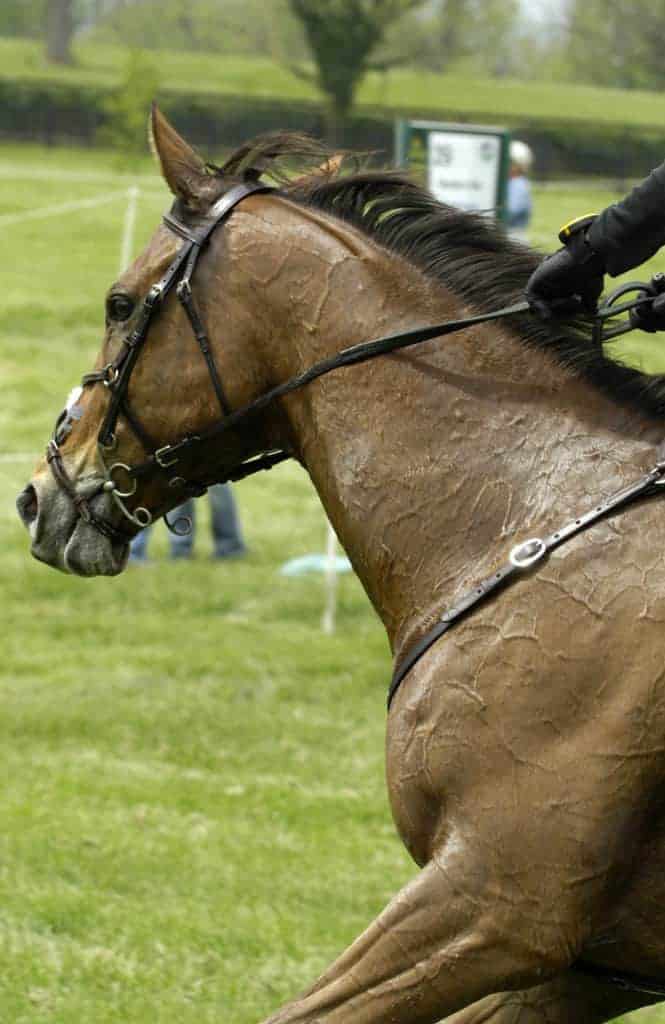
Electrolytes can help increase equine performance when supplementing a balanced diet.
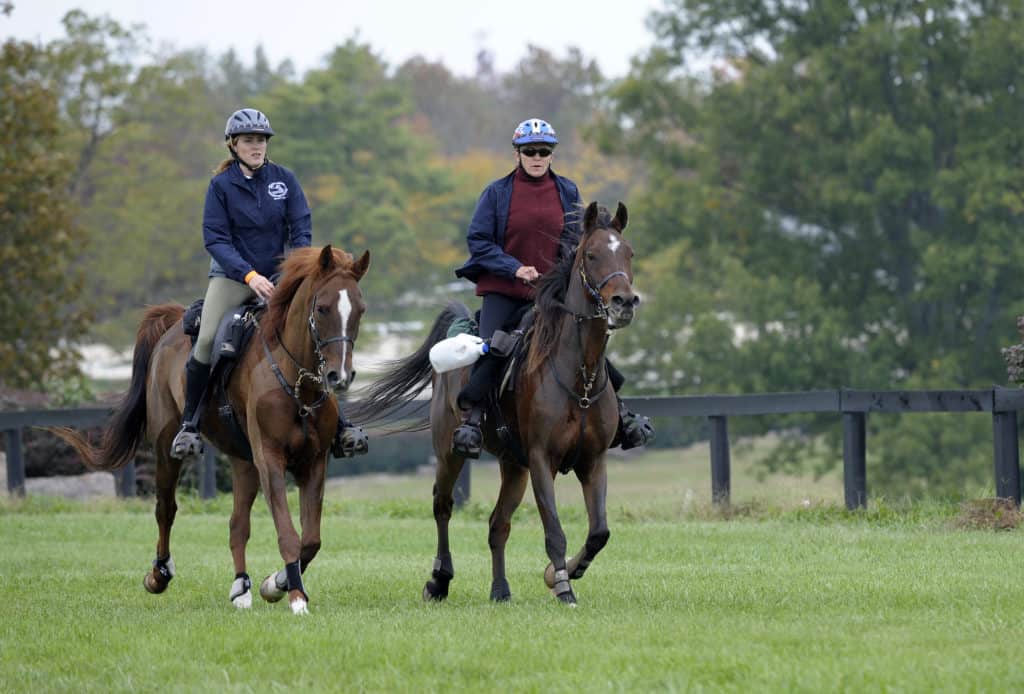
Attention to conditioning and minimizing wear and tear can help horses stay on the trail for years to come.
High temperatures and dry conditions cause a livestock heat stress emergency warning to be issued.
The animals died after a watering system malfunctioned, leaving them without an adequate water supply.

Appropriate forage, forage alternatives, and/or concentrates can keep aged horses at a healthy body condition.

An effective electrolyte supplement replaces ion and water loss during exercise, one researcher said.

Horses do not have the same drive to drink while competing as humans, one researcher explained.

A team of researchers recently revealed that horses tend to prefer water with neutral pH levels than low pH.
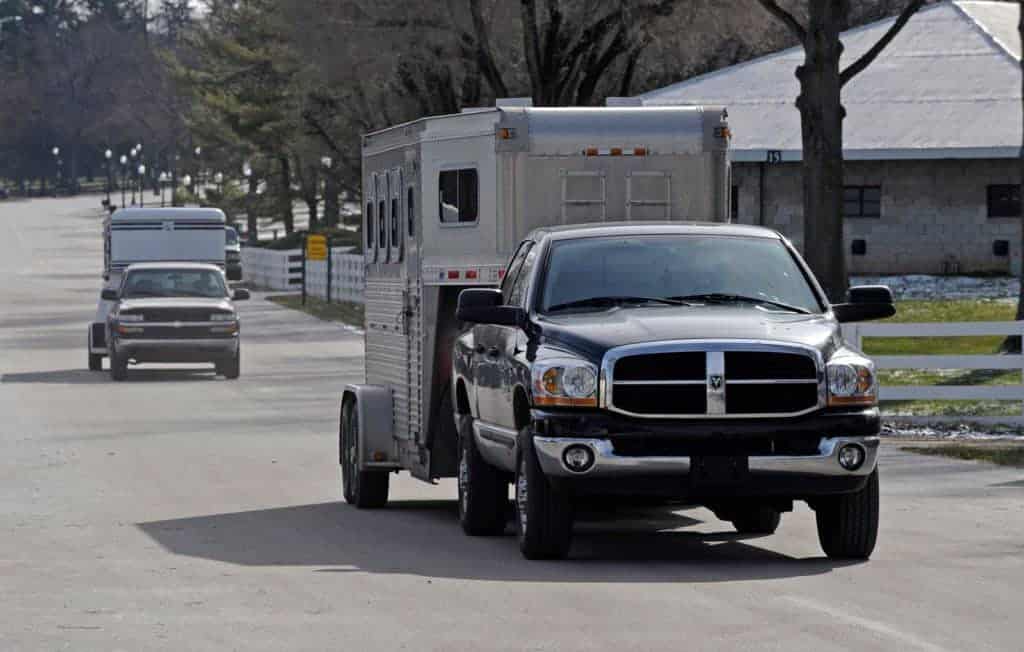
In true summer riding season fashion, horse owners are heading down the road to trail rides and shows.

Which equine nutritional supplements have the research to back up their claims?
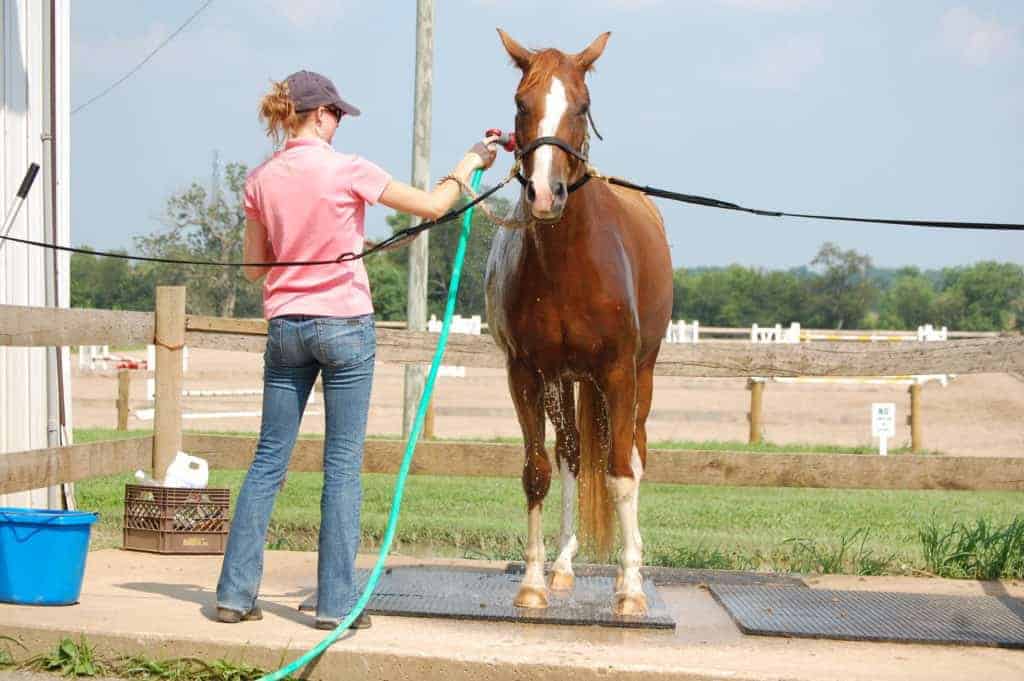
For riding enthusiasts, summertime necessitates paying extra attention to your horse’s physical needs.
Stay on top of the most recent Horse Health news with
"*" indicates required fields